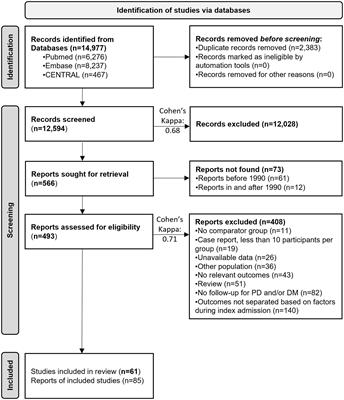EDITORIAL
Published on 14 Nov 2024
Editorial: Diagnosis and management of acute, chronic, and autoimmune pancreatitis
doi 10.3389/fmed.2024.1517007
- 544 views
4,402
Total downloads
15k
Total views and downloads
EDITORIAL
Published on 14 Nov 2024
CLINICAL TRIAL
Published on 30 Oct 2024
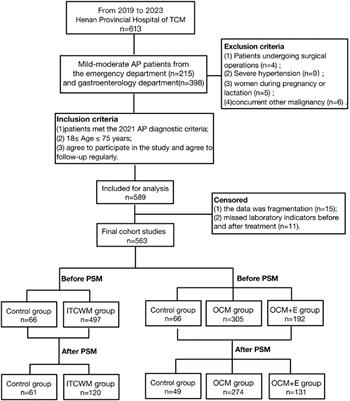
ORIGINAL RESEARCH
Published on 08 Oct 2024
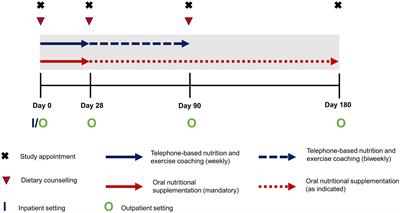
ORIGINAL RESEARCH
Published on 30 Sep 2024
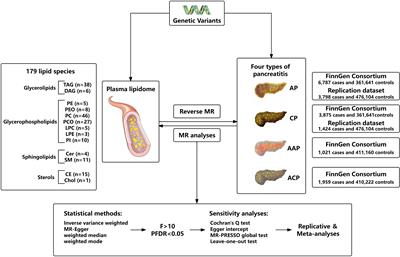
ORIGINAL RESEARCH
Published on 16 Sep 2024
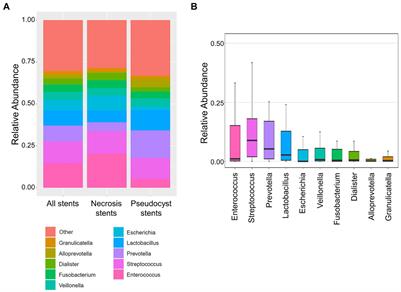
ORIGINAL RESEARCH
Published on 15 Aug 2024
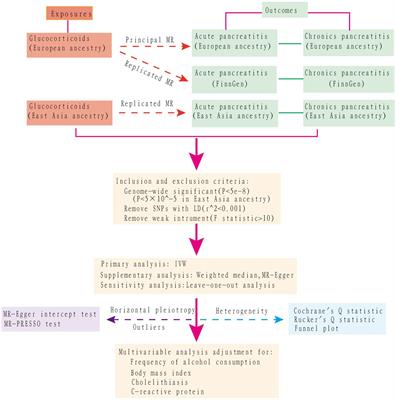
ORIGINAL RESEARCH
Published on 06 Aug 2024
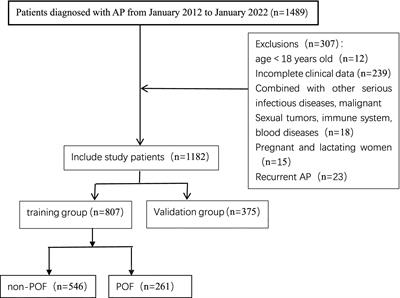
ORIGINAL RESEARCH
Published on 29 Jul 2024
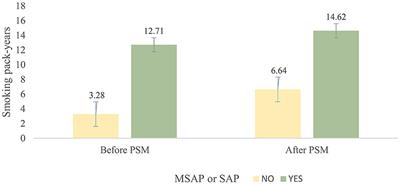
ORIGINAL RESEARCH
Published on 03 May 2024
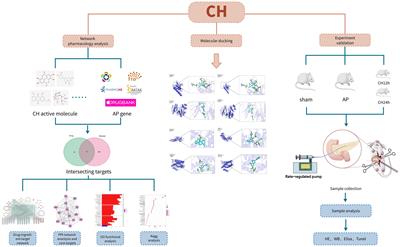
SYSTEMATIC REVIEW
Published on 09 Jan 2024
